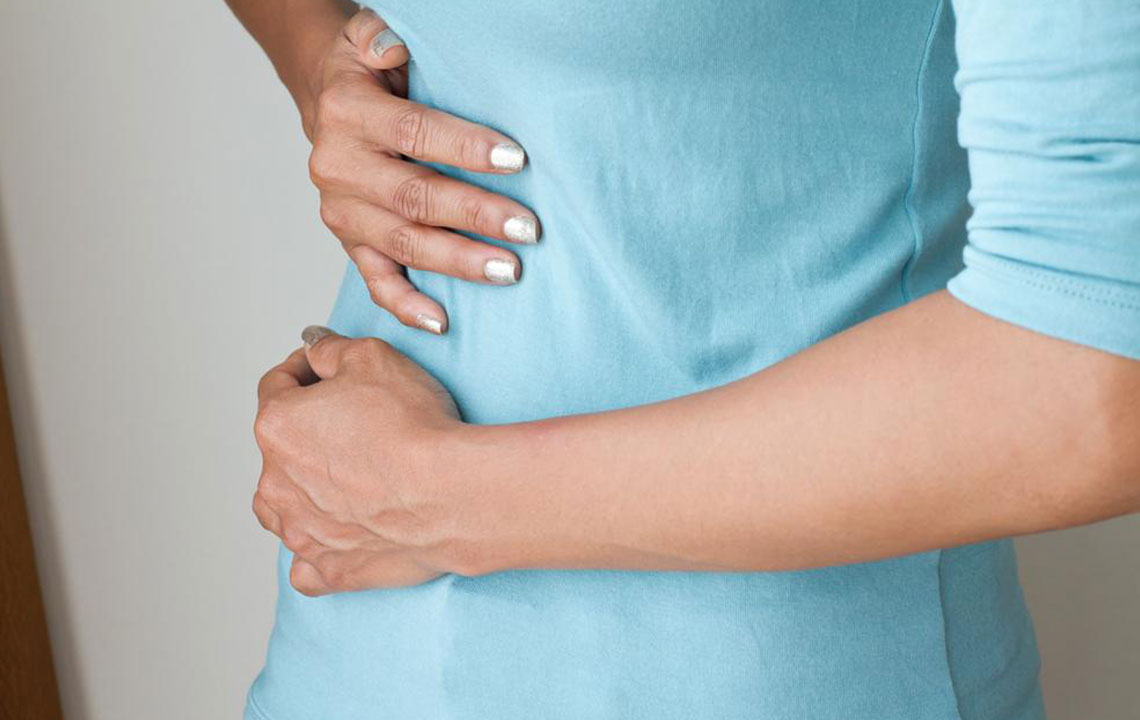How to Relieve Constipation with Home-based Remedies
It is estimated that nearly 42 million Americans suffer from chronic constipation. However, everyone suffers from some form of constipation at some point in time in their lives. Constipation is diagnosed when a person is unable to empty the bowels easily. Usually, when there are less than three bowel movements in a week, a person is suspected of suffering from constipation. Being constipated affects not only physical health but also influences the person’s mood and emotional health.

What causes constipation?
Constipation is usually caused due to bad dietary habits as well poor bowel movements. A diet rich in dairy products, refined sugar, animal fat, caffeine and so on can cause constipation. If there is not enough fluid intake, enough water is absorbed in the intestine and passed to the colon. This makes the stool hard and challenging to pass, leading to constipation. If a person suppresses the urges for a bowel movement, it may lead to progressive constipation.
Constipation is also caused by antacids that contain calcium and aluminum and by pain relievers. An overuse of laxatives can also disrupt bowel movement leading to constipation. Other causes include pregnancy, irritable bowel syndrome, a physically inactive lifestyle, stress, underactive thyroid, neurological ailments, and problems with the digestive system.
What are the symptoms of constipation?
The most common symptom is the lack of proper bowel movement. A person suffering from constipation might not pass stools for three days straight. When there is any bowel movement, the stool is hard and small. There might be a persistent feeling that the system did not exclude everything it was supposed to. This is usually preceded by difficulty in starting or completely a proper bowel movement. Other symptoms include abdominal pain with cramps, flatulence, and abdomen bloating. In extreme cases, there might be vomiting, nausea, appetite loss and headaches.
How to relieve constipation?
To relieve constipation, it is necessary to stimulate the digestive system, keep the bowels hydrated, and clean the colon system. In case of chronic constipation that lasts for a long duration, consult a doctor for immediate medical care. For an occasional episode of constipation, home remedies can help to relieve constipation.
Seven home-based remedies to relieve constipation
- Increase intake of fiber
One of the most effective ways to reduce constipation is to increase the consumption of fiber. Food such as lentils, oatmeal, prunes, flaxseeds, figs, pears, bran cereals, beans, barley, almonds should be included in daily diet. Fiber cleans up the bowel system and adds bulk to the stool. Soluble fiber also adds consistency to the stool making it easier to pass. It is recommended to start the day with fiber-rich breakfast. - Drink aloe juice
Aloe in its most concentrated form has a lot of healing properties. This includes providing relief from constipation. A cup of aloe juice in the morning can be an effective in alleviating constipation symptoms. Even pure aloe gel from aloe plant can be used. Mix two teaspoonfuls with fruit juice and drink it every day in the morning. - Healing Teas
Based on the ingredients used, tea can be a good home remedy to relieve constipation. Peppermint tea helps to relax the muscles of the digestive system. Ginger tea can help to speed up the process of digestion. Dandelion leaves-based teas are known to be gentle laxatives that also help to detoxify the system. Drinking green tea can also help to provide relief from constipation. - Eat healthy fats
As mentioned earlier animal-based fats such as meat and dairy products aggravate constipation symptoms. However, there are healthy fats that can help to relieve constipation. Consumption of healthy oils can help to move stool smoothly along the bowels. This eases the bowel movement. Food such as olive oil, nuts, natural nut butter, and avocados should be a part of regular diet. - Stay hydrated
With the increase in the intake of fiber, it is necessary to increase the consumption of liquids as well. Drinking at least eight glasses of water is necessary. This is in addition to consumption of other fluids such as teas, juices and so on that help to relieve constipation. The system can be kept hydrated by drinking warm lemon water as well. This solution increases appetite, helps to drink more water, and keeps the digestive system clean. - Blackstrap molasses
Blackstrap molasses in its concentrated form has high magnesium content that helps to ease stool movement. One teaspoon of the syrup before bed can help to ease constipation symptoms by morning. Alternatively, the syrup can be mixed with warm water or tea, if the flavor of the syrup does not taste appealing. - Castor oil
Castor oil is a natural laxative that helps to relieve constipation. Castor oil provided stimulation to the small intestines, which eases the movement of stool. A teaspoon or two on an empty stomach can be very effective and give instant relief.


